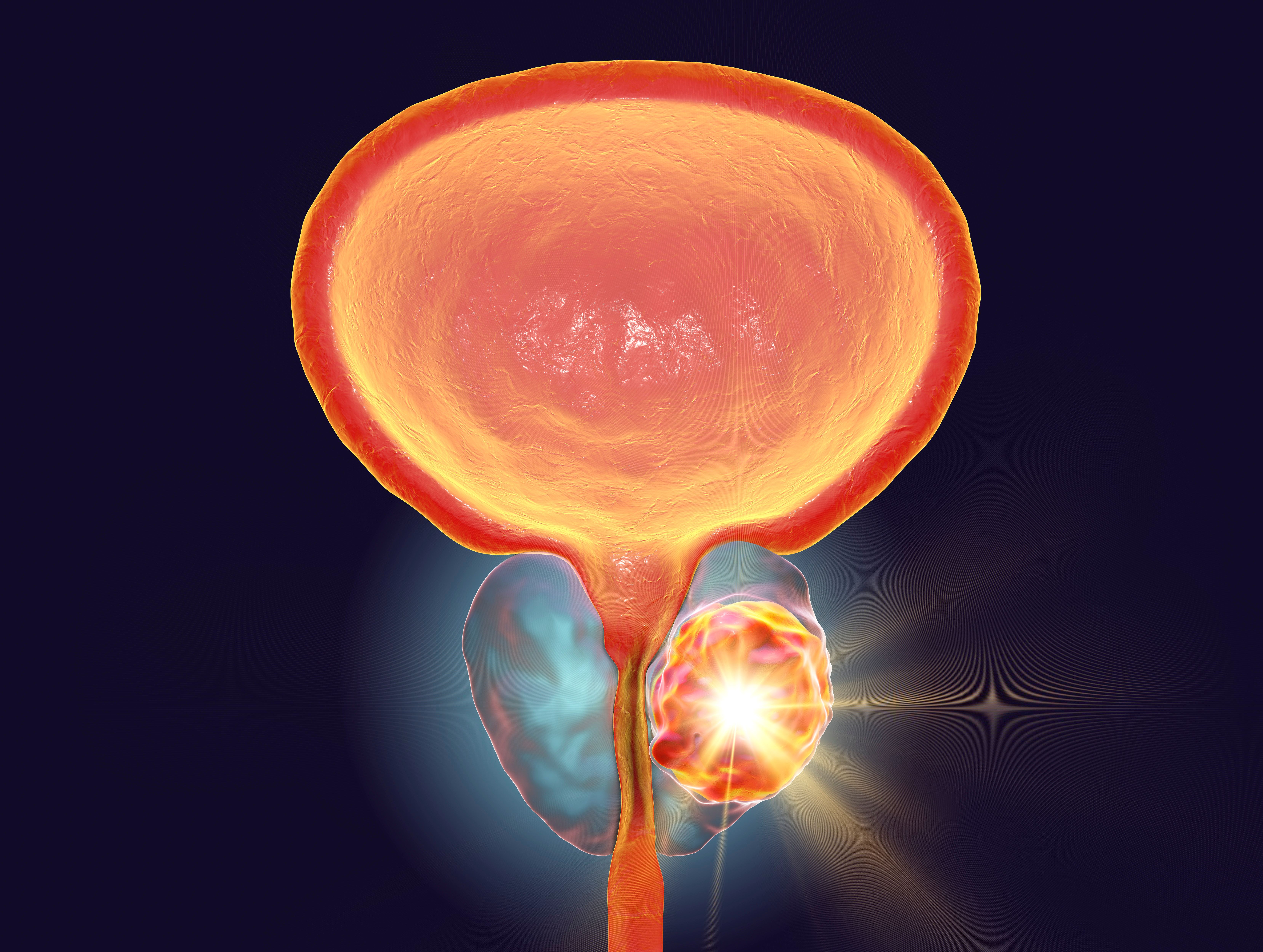Article
Clinical Insights: Axicabtagene Ciloleucel (Yescarta)
Author(s):
Axicabtagene ciloleucel (Yescarta) was the first CAR T-cell immunotherapy to be approved for relapsed or refractory large B-cell lymphoma.
Overview
In October 2017, axicabtagene ciloleucel (Yescarta) became the first chimeric antigen receptor (CAR) T-cell immunotherapy to be approved for relapsed or refractory large B-cell lymphoma in adults who previously received at least 2 lines of systemic treatment.1 CAR T-cell therapy is a novel mechanism that targets and programs a patient’s own T cells to attack cancer cells.1
In March 2021, axicabtagene received accelerated approval for a second indication, relapsed or refractory follicular lymphoma in adults who have tried at least 2 lines of systemic therapy.2
Diffuse large B-cell lymphoma is the most common type of non-Hodgkin lymphoma (NHL), and follicular lymphoma is the most common form of indolent NHL.1,2 With older treatment options, patients with large B-cell lymphoma had poorer outcomes at a median overall survival rate of 6 months and short durations of remission.1 Before axicabtagene’s approval, patients with follicular lymphoma had an estimated 5-year survival rate of only 20%.2
Mechanism of Action
Axicabtagene is a genetically modified, autologous T cell agent that targets CD19-expressing cells. The treatment targets and binds to CD19-expressing cancer cells and triggers cytokine and chemokine release to destroy the cell.3
Clinical Trials
Axicabtagene can only be used in patients who have already tried 2 or more lines of systemic treatments and is not indicated in patients with primary central nervous system lymphoma.1-3
The ZUMA-1 study examined axicabtagene treatment efficacy in 101 patients with relapsed or refractory large B-cell lymphoma.3 With a median time to response of 0.9 months, objective response rate (ORR) was 72% with 51% of patients responding with complete remission.1,3 The total median duration of response was 9.2 months.3
In the ZUMA-5 study, 120 patients with relapsed or refractory follicular lymphoma received axicabtagene treatment. Out of the 120 patients, 81 were included in the primary efficacy analysis.3
The median time to response was 1 month with an ORR of 91% and a complete remission rate of 60%.2,3 At 12 months, 76.2% of patients remained in remission and 74.2% remained in remission at 18 months.3
Dosage and Administration
Yescarta is an autologous treatment, administered as a 1-time, 30-minute, intravenous infusion.3,4 Infusion bags contain a suspension of the patient’s own modified CAR-positive T cells at a target dose of 2 x 106 CAR-positive T cells per kilogram of body weight and a maximum of 2 x 108 CAR-positive T cells.3
The development of patient-specific axicabtagene begins with a 3-4 hour leukapheresis procedure.4 Technicians collect the patient’s T cells, then modify and attach them to CAR in a process that takes about 2 to 3 weeks.4 The clinic must store the completed product frozen within liquid nitrogen’s vapor phase until ready for use.3
On the fifth, fourth, and third days prior to receiving axicabtagene, patients undergo pre-treatment the with intravenous (IV) lymphodepleting chemotherapy composed of cyclophosphamide 500 mg/m2 and fludarabine 30 mg/m2. One hour before administration of axicabtagene, clinicians should premedicate the patient with oral acetaminophen 650 mg and oral or IV diphenhydramine 12.5 mg. Prophylactic corticosteroids may inhibit therapy and are not recommended.3
After confirmation of patient identity, clinic staff should thaw axicabtagene at about 37°C until ice is no longer noticeable inside the infusion bag. The infusion bag may stay at room temperature for up to 3 hours after thawing.3
Clinicians should gently mix the contents prior to infusion to disperse the cellular material and carefully agitate the bag during infusion to prevent cell clumping.3
The oncology staff must monitor the patient daily for 7 days for signs of cytokine release syndrome (CRS) and neurologic toxicities, which are boxed warning. The patient should remain close to the facility for monitoring for at least 4 weeks post-infusion.3,4
Adverse Reactions and Warnings
Due to a boxed warning for life-threatening or fatal reactions from CRS and neurologic toxicities, axicabtagene is only available through the Yescarta and Tecartus REMS program.1,3 Other warnings include hypersensitivity reactions, serious infections, prolonged cytopenias, hypogammaglobulinemia, and secondary malignancies.1-3
The most common adverse reactions occur in more than 20% of patients and include CRS reactions (fever, fatigue, encephalopathy, hypotension, chills, tachycardia, hypoxia), nausea, vomiting, diarrhea, tremor, dizziness, constipation, and cardiac arrhythmias.3
Patients should not drive or operate heavy machinery for at least 8 weeks after receiving axicabtagene due to potential for changes in neurologic state.3 Axicabtagene is not recommended in pregnant or breastfeeding women due to possibility of fetal harm and lack of sufficient safety data.3
References
- Kite's Yescarta™ (Axicabtagene Ciloleucel) Becomes First CAR T Therapy Approved by the FDA for the Treatment of Adult Patients With Relapsed or Refractory Large B-Cell Lymphoma After Two or More Lines of Systemic Therapy. [Press Release]. Gilead. Published October 18, 2017. Accessed July 25, 2021. https://www.gilead.com/news-and-press/press-room/press-releases/2017/10/kites-yescarta-axicabtagene-ciloleucel-becomes-first-car-t-therapy-approved-by-the-fda-for-the-treatment-of-adult-patients-with-relapsed-or-refrac.
- U.S. FDA Approves Yescarta® for Relapsed or Refractory Follicular Lymphoma After Two or More Lines of Systemic Therapy. [Press Release]. Gilead. Published March 5, 2021. Accessed August 3, 2021. https://www.gilead.com/news-and-press/press-room/press-releases/2021/3/us-fda-approves-yescarta-for-relapsed-or-refractory-follicular-lymphoma-after-two-or-more-lines-of-systemic-therapy
- Yescarta® (axicabtagene ciloleucel). Prescribing information. Santa Monica, CA: Kite Pharma, Inc; 2021.
- Treatment process for YESCARTA® CAR T-cell therapy. Yescarta.com. Accessed July 28, 2021. https://www.yescarta.com/lbcl/treatment-process/
Newsletter
Stay informed on drug updates, treatment guidelines, and pharmacy practice trends—subscribe to Pharmacy Times for weekly clinical insights.






